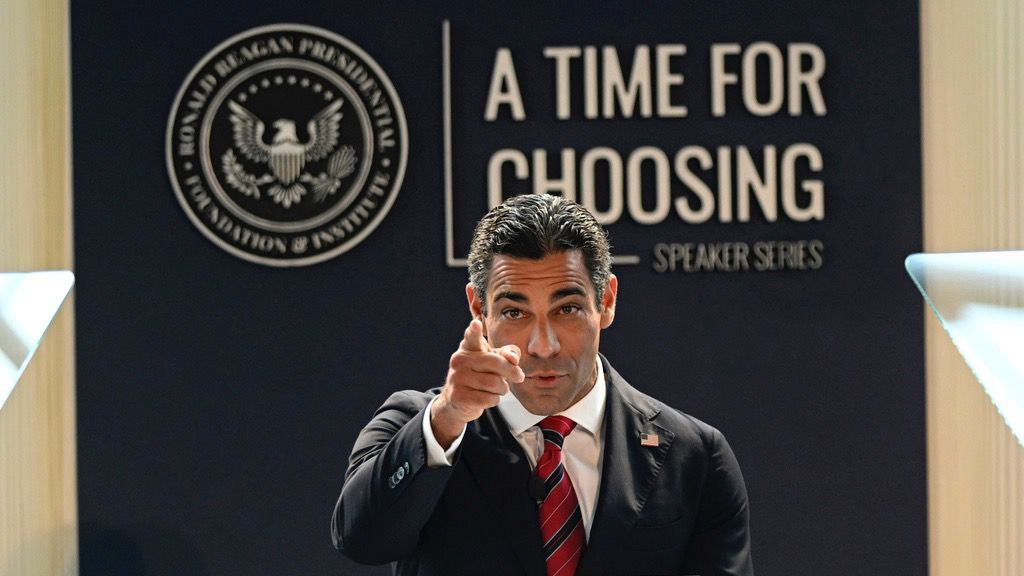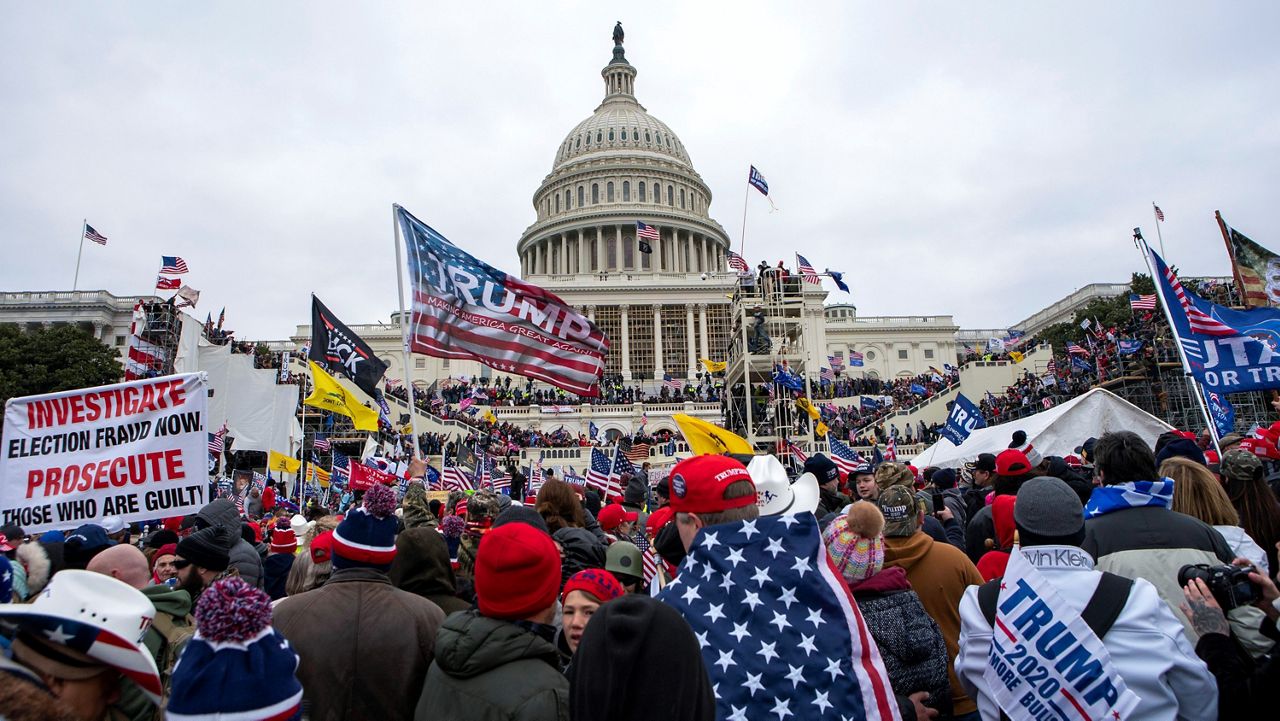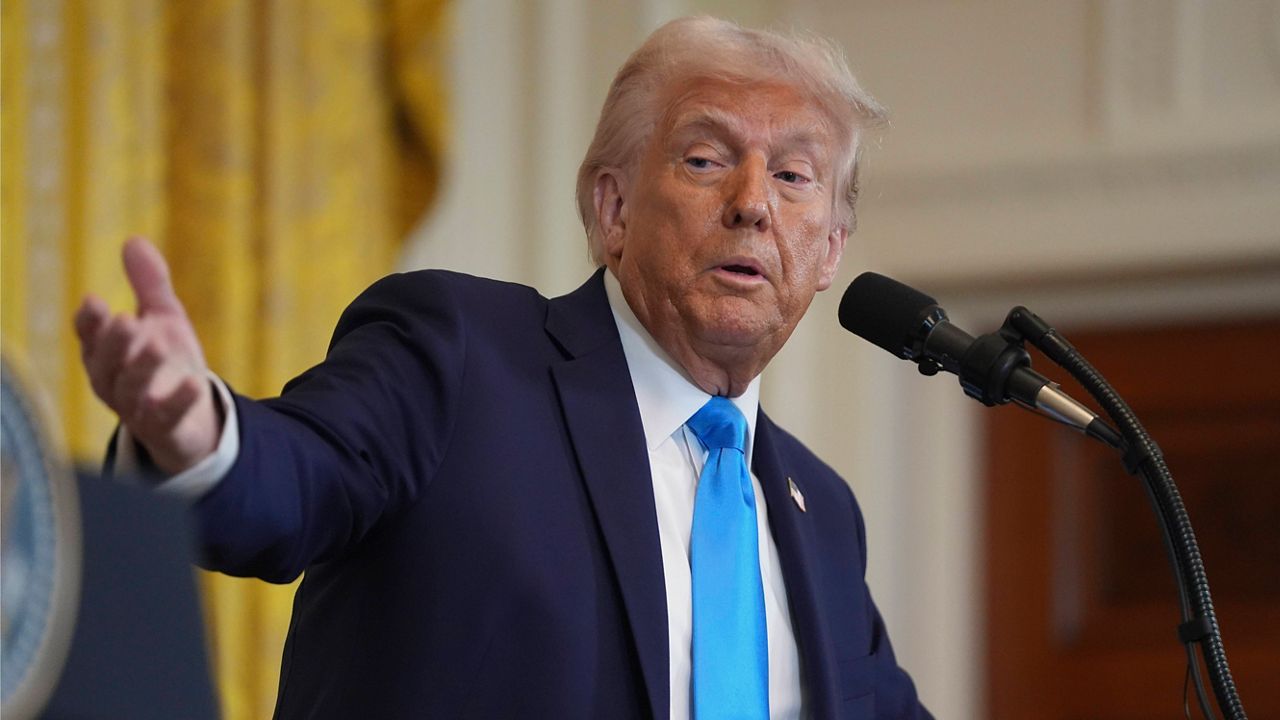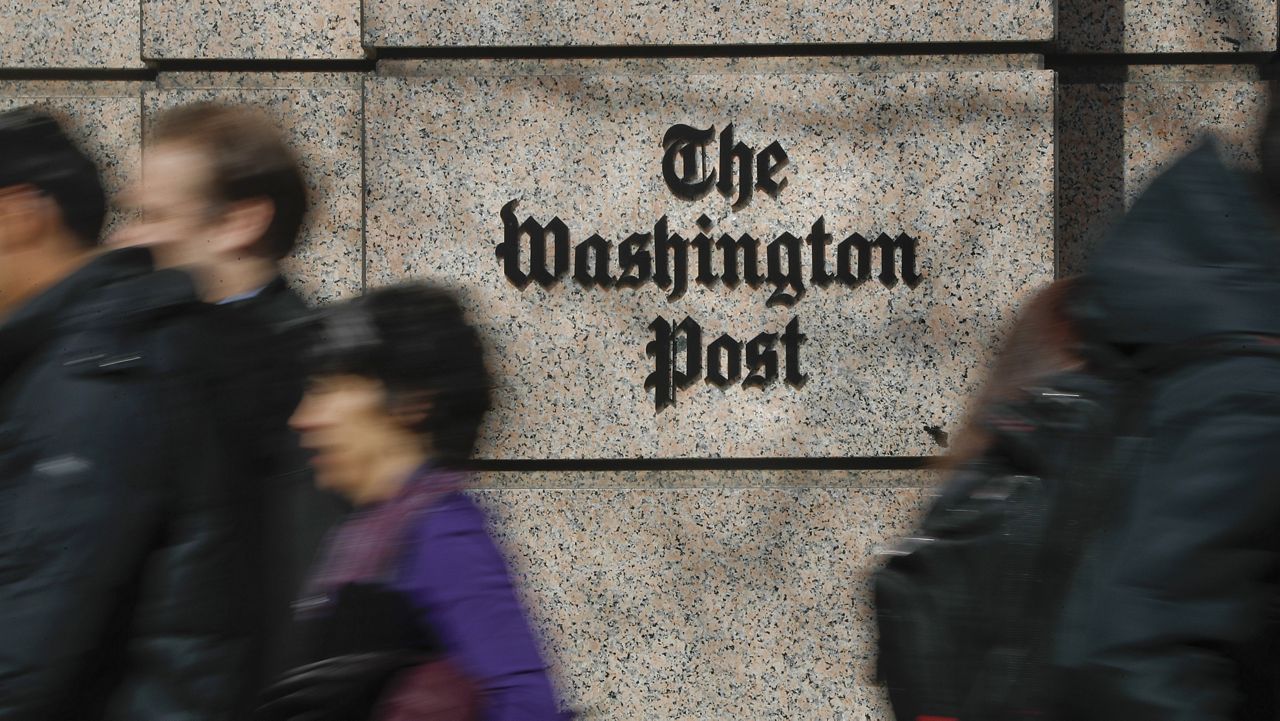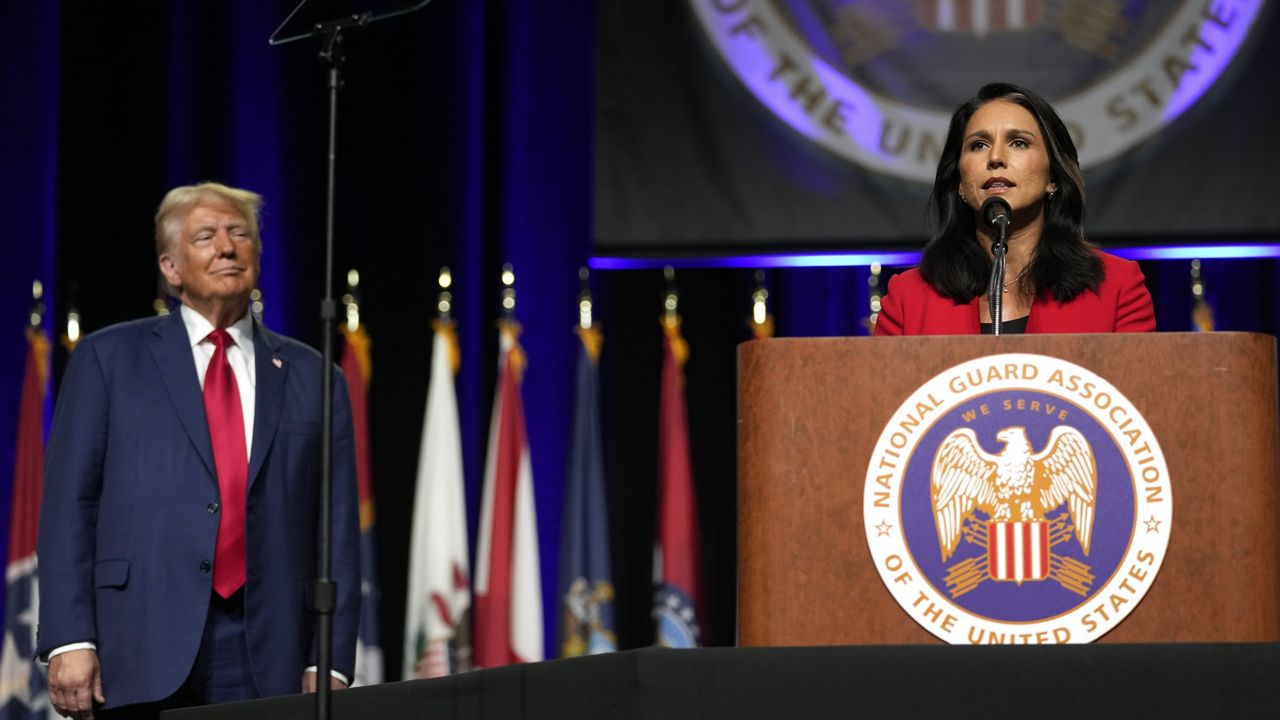Miami Mayor Francis Suarez announced he was ending his campaign for president on Tuesday after not qualifying for the first Republican primary debate on Wednesday. He is the first major candidate to drop out of the GOP primary.
What You Need To Know
- Miami Mayor Francis Suarez is ending his bid for the presidency, dropping out of the 2024 race after failing to qualify for the first Republican debate
- The two-term mayor on Tuesday became the first candidate to drop out of the crowded GOP field. Suarez launched his campaign just over two months ago as one of the last competitors to join a primary race that has so far been dominated by former President Donald Trump
- The 45-year-old Suarez was vying to become the first sitting mayor and first Latino elected president
- Earlier this year, Trump’s former White House counselor Kellyanne Conway floated Suarez as a possible vice presidential pick
“While I have decided to suspend my campaign for President, my commitment to making this a better nation for every American remains,” Suarez said in a statement Tuesday. “I look forward to keeping in touch with the other Republican presidential candidates and doing what I can to make sure our party puts forward a strong nominee who can inspire and unify the country, renew Americans’ trust in our institutions and in each other, and win.“
At the Iowa State Fair earlier this month, Suarez told reporters that candidates who didn’t qualify for the first debate should drop out.
Candidates needed to satisfy polling and donor requirements set by the Republican National Committee: at least 1% in three high-quality national polls or a mix of national and early-state polls and a minimum of 40,000 donors with 200 in 20 or more states.
Suarez missed the polling threshold he hoped would be counted that did not survey at least 800 likely GOP voters, instead filling in the numbers with independents and Democrats who would consider voting Republicans, a source familiar with the RNC’s process told Spectrum News last week. Such polls would have been allowed, but the GOP contingent needed to hit that 800 total regardless of the inclusion of other likely voters.
"I am sorry that this debate will not include my perspectives from the largest growing voting block in our country — young, conservative Hispanics," Suarez said in a statement last week, detailing his campaign's differences with the RNC's selection process. "I respect the rules and process set forth by the RNC, and I look forward to working with my party to ensure we win back the White House and restore the path to a brighter future for our country.”
At the time, Suarez’s campaign did not respond to questions about whether he planned to drop out.
As of Tuesday, Suarez sat at dead last -- at 0.2% -- in an average of national GOP primary polling calculated by polling aggregator FiveThirtyEight.
In order to reach the donor thresholds required by the RNC Suarez offered people a chance to get front-row tickets to see Argentine soccer legend Lionel Messi’s debut as a player for Inter Miami and promised a $20 “Bidenomics Relief Card” in return for $1 donations.
“I had looked forward to sharing the story of Miami, America’s most successful city, especially at a time when so many cities are plagued with poverty, unemployment, high taxes, violent crime, and homelessness,” Suarez said in a statement on Tuesday. “I know what we have achieved during my tenure leading the City of Miami can be replicated in every community in our great country. The next President must play a major role in getting America's cities back on track to safety, prosperity and a better quality of life for all.”
The mayoralty of Miami is a largely ceremonial job with few legal authorities and no oversight role of the city agencies like the police, sanitation department or ambulance crews, according to the Miami Herald. Per the New York Times, the mayorship is largely devoted to issuing vetoes and hiring and firing the city manager.
Suarez’s major initiatives include wooing tech businesses to come to his city and launching a cryptocurrency called MiamiCoin. The cryptocurrency peaked at two cents a coin and its per coin value dropped to less than two-tenths of a penny in June, according to the cryptocurrency exchange Coinbase, though the only exchange that hosted it suspended trading in March.
The son of Miami’s first Cuban-born mayor, Suarez campaigned talking up his role as the only Hispanic candidate in the race and his experience leading the world-known city of Miami, home to about 450,000 residents, and confronting crime and homelessness.
“The Left has taken Hispanics for granted for far too long, and it is no surprise that so many are finding a home in America’s conservative movement. Our party must continue doing more to include and attract this vibrant community that believes in our country’s foundational values: faith, family, hard work and freedom,” continued Suarez.
Suarez had been critical of former President Donald Trump, the 2024 Republican frontrunner, in the past and didn’t support him in the 2016 or 2020 presidential elections. But earlier this year, Trump’s former White House counselor Kellyanne Conway floated Suarez’s name as a possible vice presidential pick. And in the two months he campaigned, Suarez largely avoided direct criticism of Trump when asked about the charges he faced and said he would consider pardoning him.
Suarez, meanwhile, emerged as a critic of another presidential candidate, Florida Gov. Ron DeSantis, dismissing some of the state laws he has signed on immigration as “headline grabbers” lacking in substance. He echoed Trump’s attacks, saying the governor doesn’t make eye contact and struggles with personal relationships with other politicians.
The mayor faced questions about his work for a developer who was looking to secure permits from the city after reports from the Miami Herald said the FBI was investigating those payments. The Miami-Dade County’s Commission on Ethics and Public Trust is reviewing the allegations with state prosecutors.
And he fumbled when asked in a radio show about the Uyghurs, a predominantly Muslim group that China has been accused of oppressing, saying “What’s a Uyghur?” He later said he didn’t recognize the pronunciation.
The 45-year-old Suarez was vying to become the first sitting mayor and first Latino elected president.




